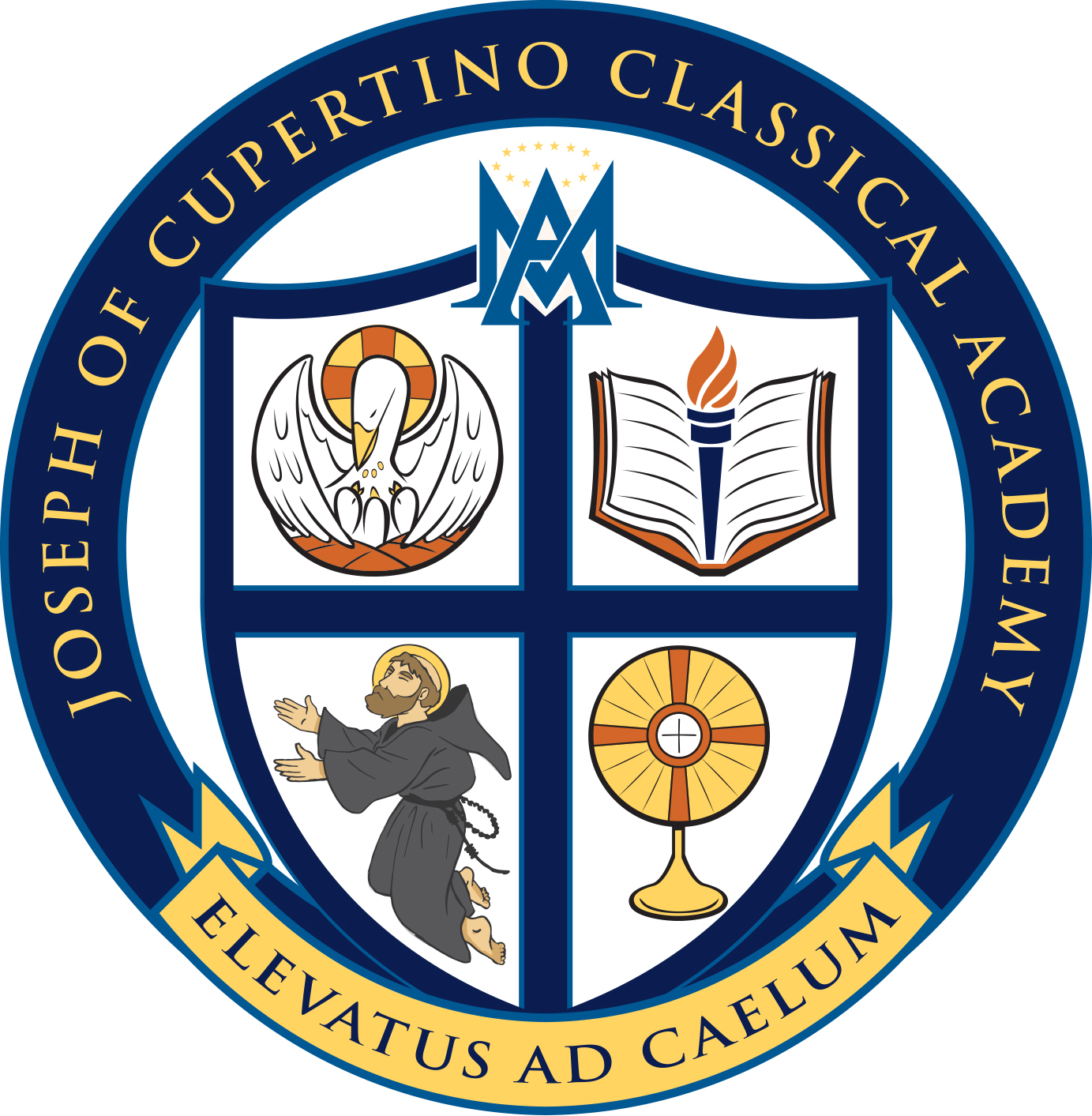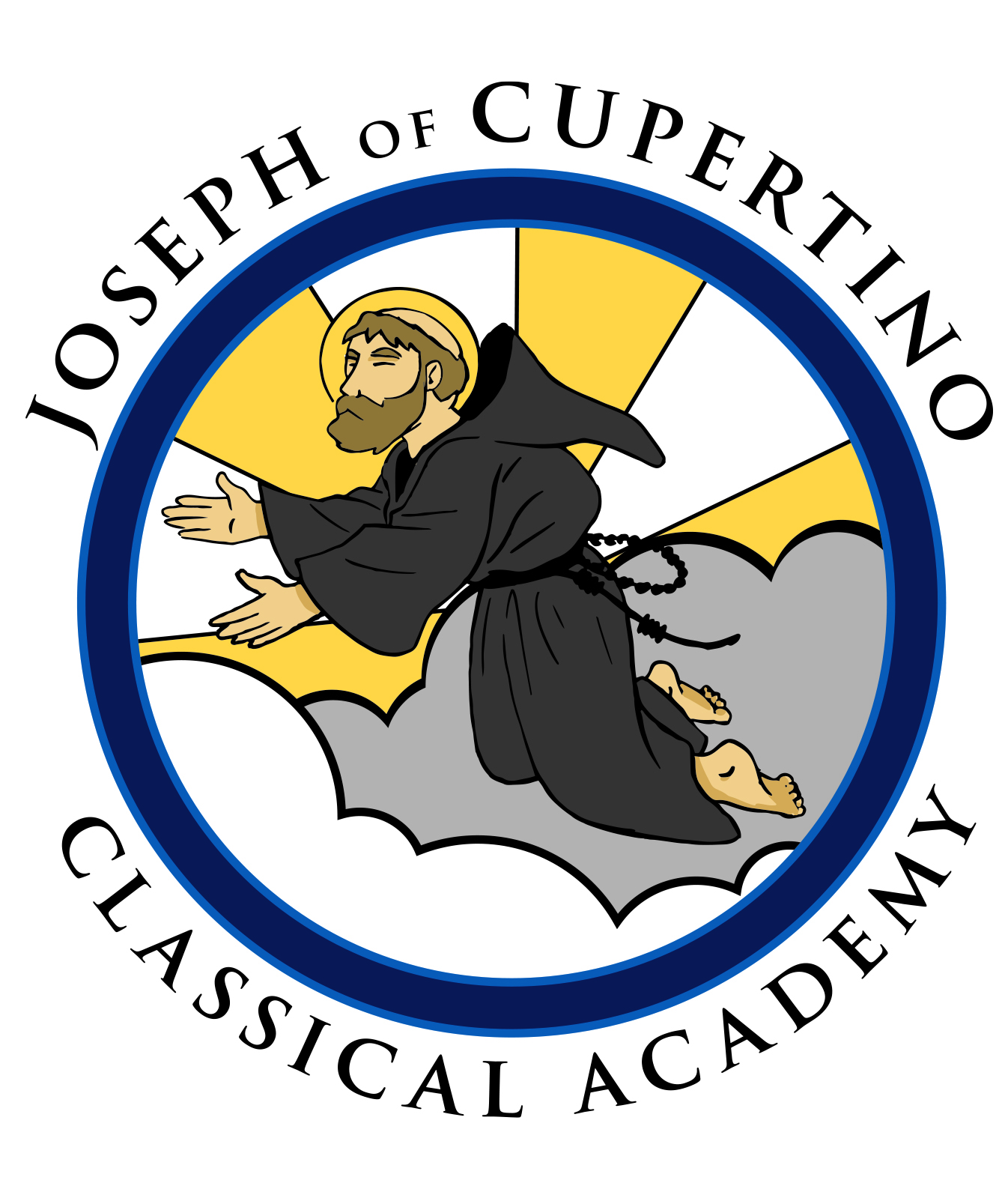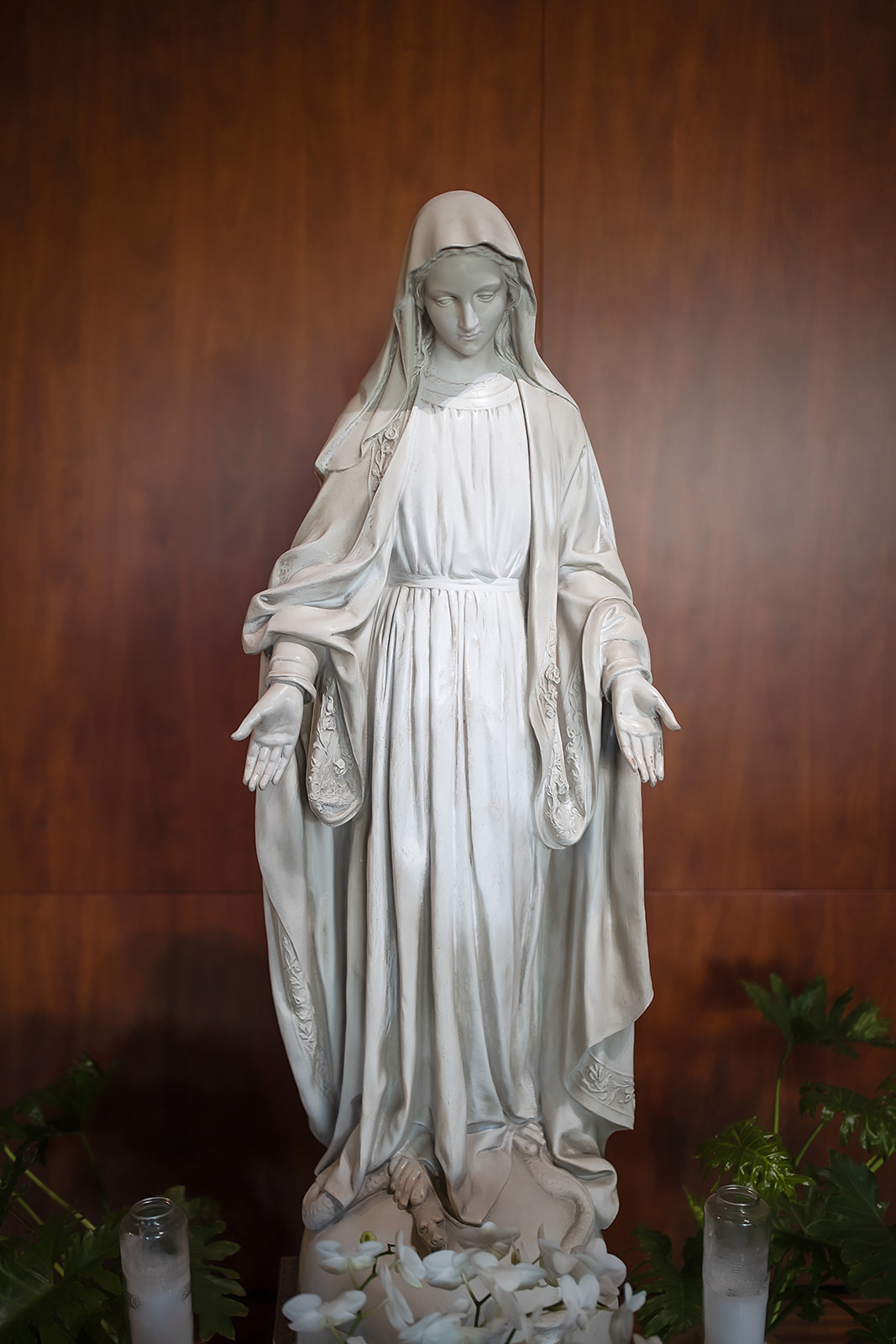
“Since education consists essentially in preparing man for what he must be and for what he must do here below, in order to attain the sublime end for which he was created, it is clear that there can be no true education which is not wholly directed to man’s last end, and that in the present order of Providence, since God has revealed Himself to us in the Person of His Only Begotten Son, who alone is “the way, the truth and the life,” there can be no ideally perfect education which is not Christian education.”- Divini Illius Magistri (On Christian Education) Pope Pius XI

True education seeks:
(1) Perfection of the human intellect, in its ability to know, to reason, and to express itself.
(2) The formation of the will to adhere to the good, true and beautiful.
To achieve intellectual development and the formation of the will, Joseph of Cupertino Classical Academy applies tried and true methods based on centuries of western tradition. Classical education in its perfection
is Catholic education, for both have the same end: to know God.
Liberal, classical education is rooted in wonder and aspires towards wisdom. It encompasses the seven liberal arts of grammar, logic, rhetoric, arithmetic, geometry, music, and astronomy. Students encounter the study
of nature, ethics, politics, the soul, and man. All subjects are ordered towards knowing and understanding God.
The focused study of Latin, the language of the Church, develops the minds of students as no other subject can. Students who have learned Latin improve in all other subjects. The study of classical languages and great works provides
a path to wisdom and knowledge that cannot be attained by any other method.
Finally, although schools have tried many experimental innovations during the last century, none have been able to duplicate the success of the traditional classroom. In the traditional classroom, a knowledgeable, enthusiastic
teacher carefully leads students into an understanding of each subject. Classrooms are quiet, orderly, and disciplined.



